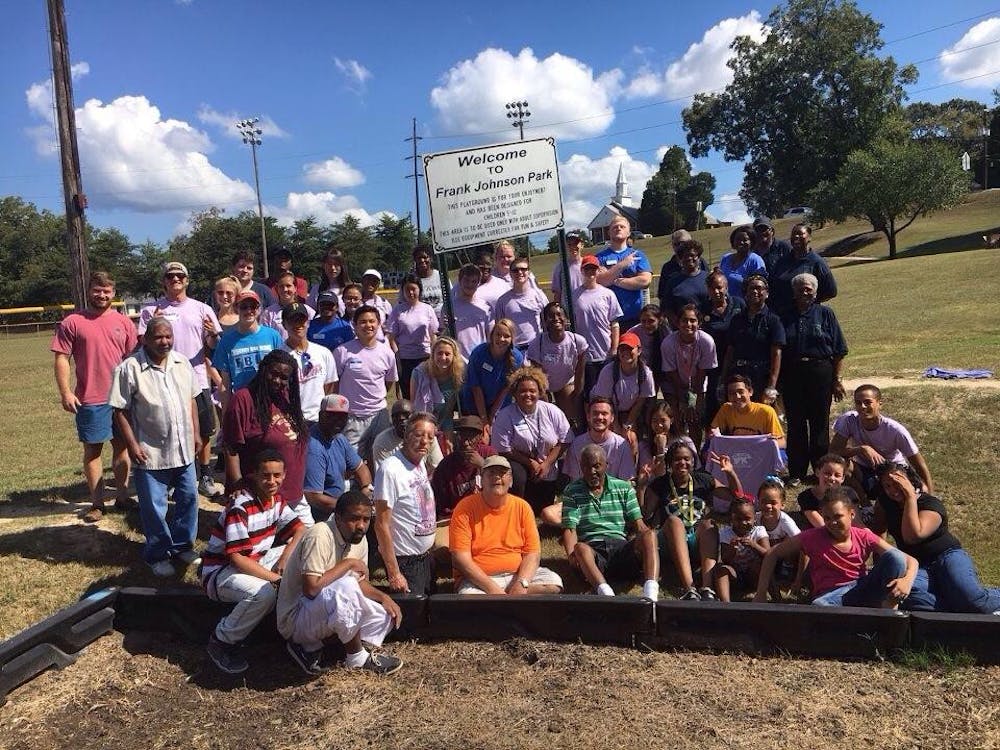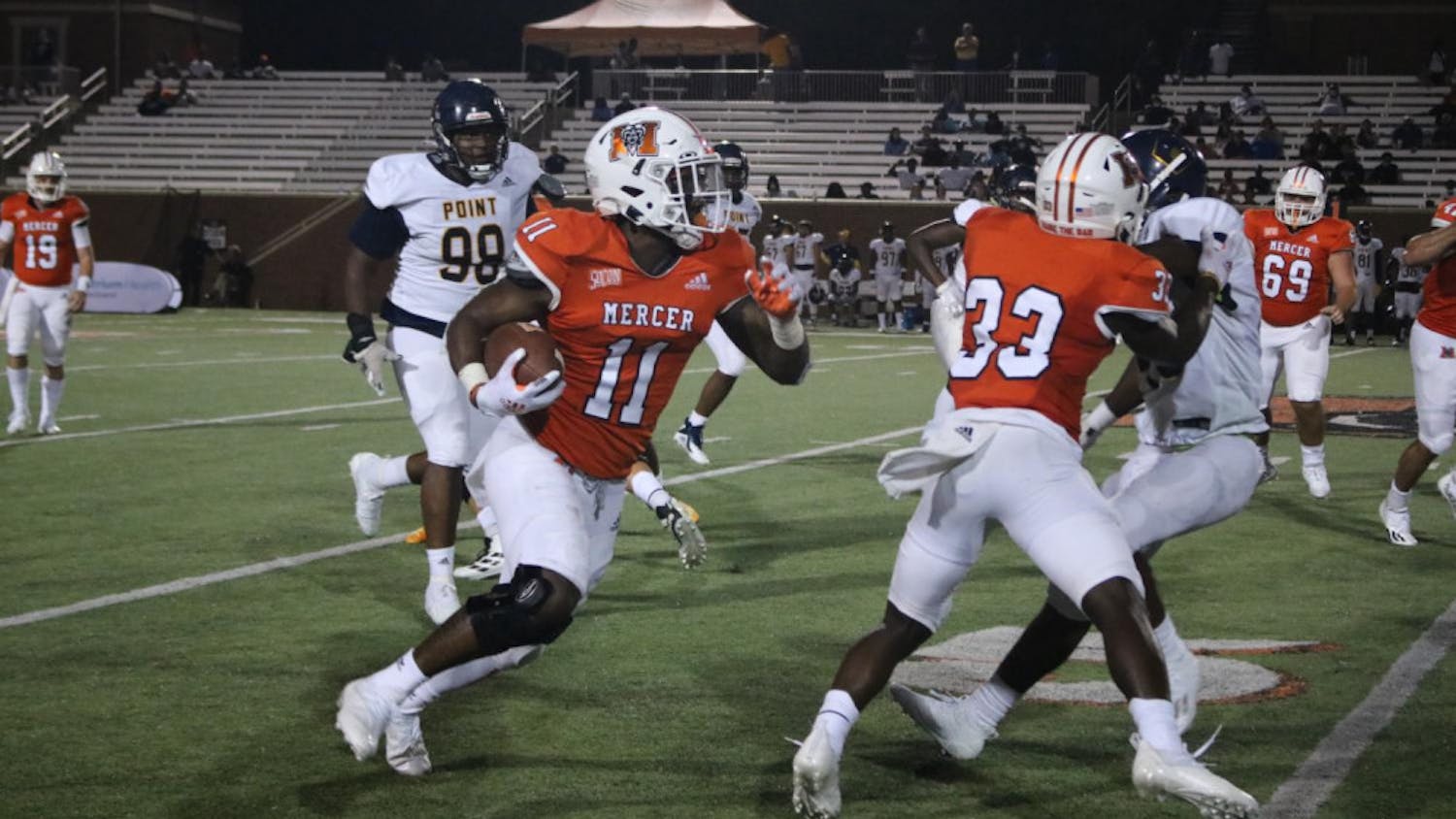Bibb County is home to thousands of people, from college students to neighboring communities. Unfortunately, with people comes heaps of trash. Service projects organized by Mercer’s volunteer organization MerServe have been conducted to beautify Macon. According to KeepGeorgiaBeautiful.org, in 2006, the Department of Transportation spent about $14 million in cleanup — $2 million more than in 2001.
In order to see change, change must be made. Therefore, Mercer students should stop wasting time picking up after civilians, and instead should educate the community on how to pick up after themselves.
Every year, MerServe hosts an event called “Be a Good NeighBear,” in which service opportunities vary from repainting houses to cleaning up streets. Students can spend hours cleaning different parts of Macon in exchange for community service hours. Then in the subsequent year, all the work is unraveled. The streets are once again filled with garbage, and another group of students is sent to repeat the beautification process.
Cleaning the streets for Bibb County residents in an attempt to serve is futile. The residents, without proper education or resources, will continue to deface their environments. Additionally, the effects of littering not only impact the environment, but also the economy in Georgia. According to the Georgia Department of Transportation “more than $12 million was spent in 2001 for litter pickup in Georgia.” Such money could be allocated towards reducing the poverty rate in Georgia, since “more than one in four kids in Georgia is living in poverty” according to the 2015 Telegraph article “Bibb County Ranks near Bottom of State for Children Living in Poverty.” The article continues by drawing a relationship between poverty and education. Since more impoverished children lack education, allocating the resources to correct the poverty situation would indirectly make education more attainable for Bibb County residents. Therefore, teaching the residents how to clean up after themselves is tantamount to killing two birds with one stone.
Instead of physically cleaning up downtown Macon, Mercer students should educate the community on the effects of litter. Without understanding that littering causes problems, Macon residents will most likely continue their behavior. Through seminars open to the community, MerServe can teach people how to make a change.
For the seminars, student volunteers should research the population and figure out what is stopping the residents from picking up their own trash. Other information such as the number of available trashcans in the community, modes of transportation commonly used, and whether the audience knows what a seminar is should be retrieved. After researching, Mercer students can come in contact with community leaders to share ideas and agree on an accessible location for the majority of the community. Promotional flyers should be made keeping in mind the target audience, and they should then be delivered to families. Getting permission from school principals to mandate that the children show the flyers to their parents is a practical way to reach the target audience. The flyers can discuss the time, date and location of the seminar, as well as a parent’s signature as proof that the child showed their parents. This type of strategy requires much more planning and resources, but in order to change behavior, education is integral.
However, because of the amount of time required, opponents to teaching may argue that intervening in individual lives requires too much time compared to cleaning after the civilians. If Mercer students volunteer to clean up the trash, the money saved on cleaning could be used for addressing the poverty and education issue, which, opponents believe, is enough impact. Volunteerism does help the state government allocate their time and funds towards other projects, but if the average American produces 107 tons of trash in a lifetime, Mercer students are greatly outnumbered. A fraction of the cost can be deducted by the efforts of the MerServe program, but if people refuse to change their ways, the trash will continue to accumulate and undermine the attempts of the service project.
One of Mercer University’s slogans is, “everyone majors in changing the world.” Often times, the service-based projects and course at Mercer imply that in order to change the world, Mercer students have to act in a way that will make life easier. However, students should understand that changing the world can be as simple as teaching people how to take care of their environment.
Opinion: Is ‘Be a Good NeighBear’ really a solution?

Olivia Buckner and Oge Onuh won the 2017-2018 SGA Election for president and vice president.




